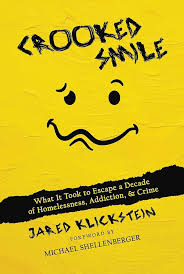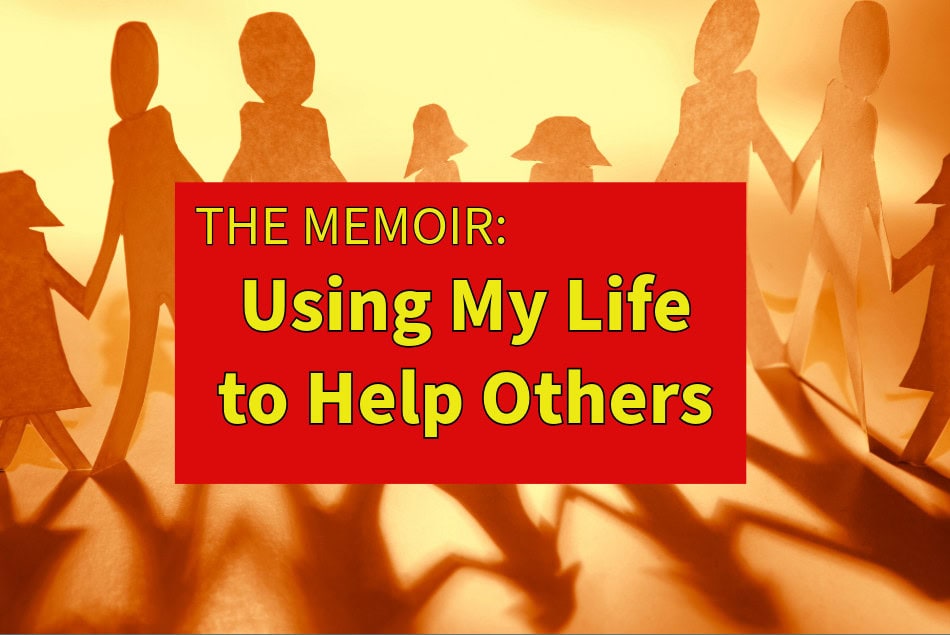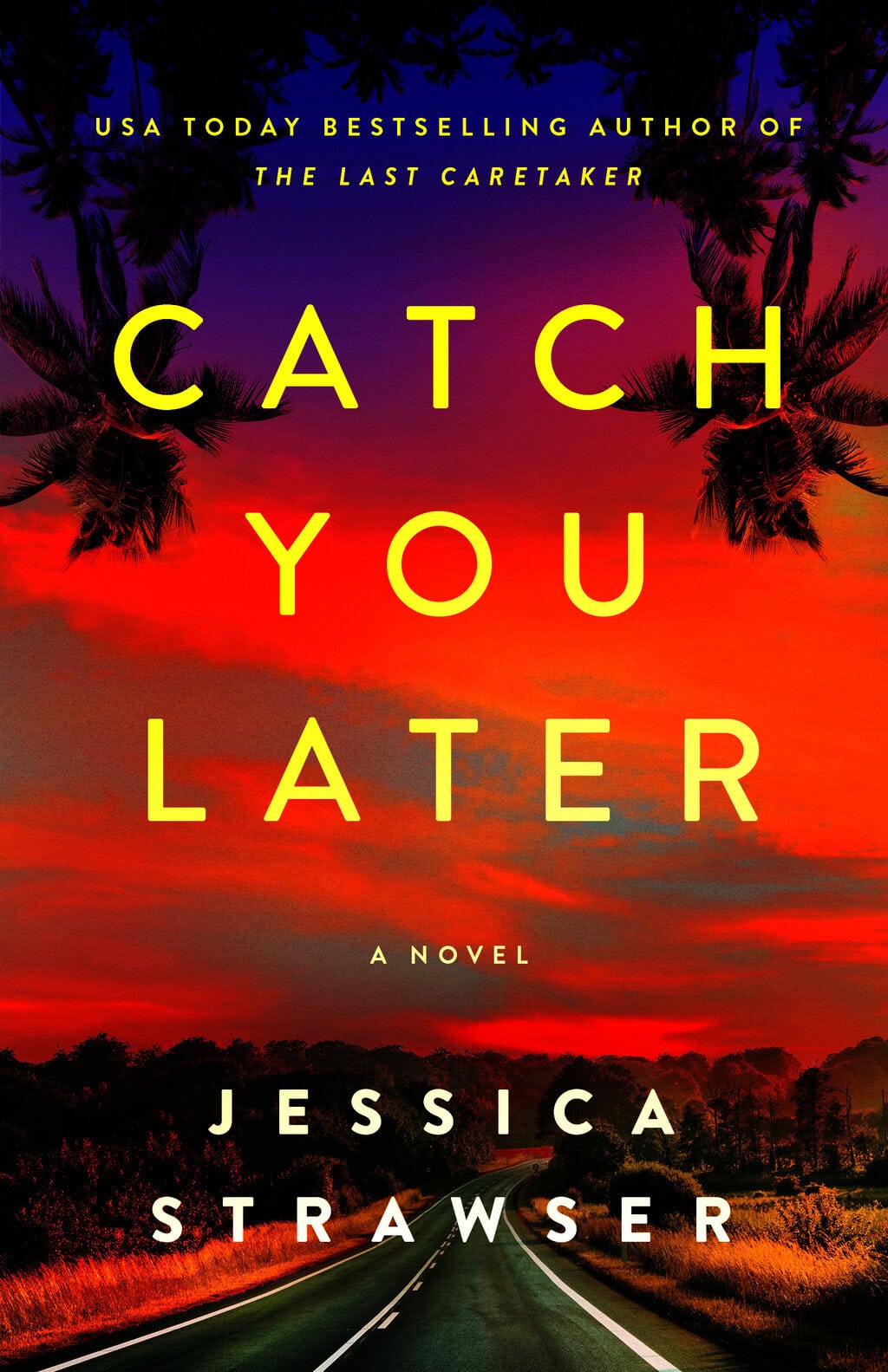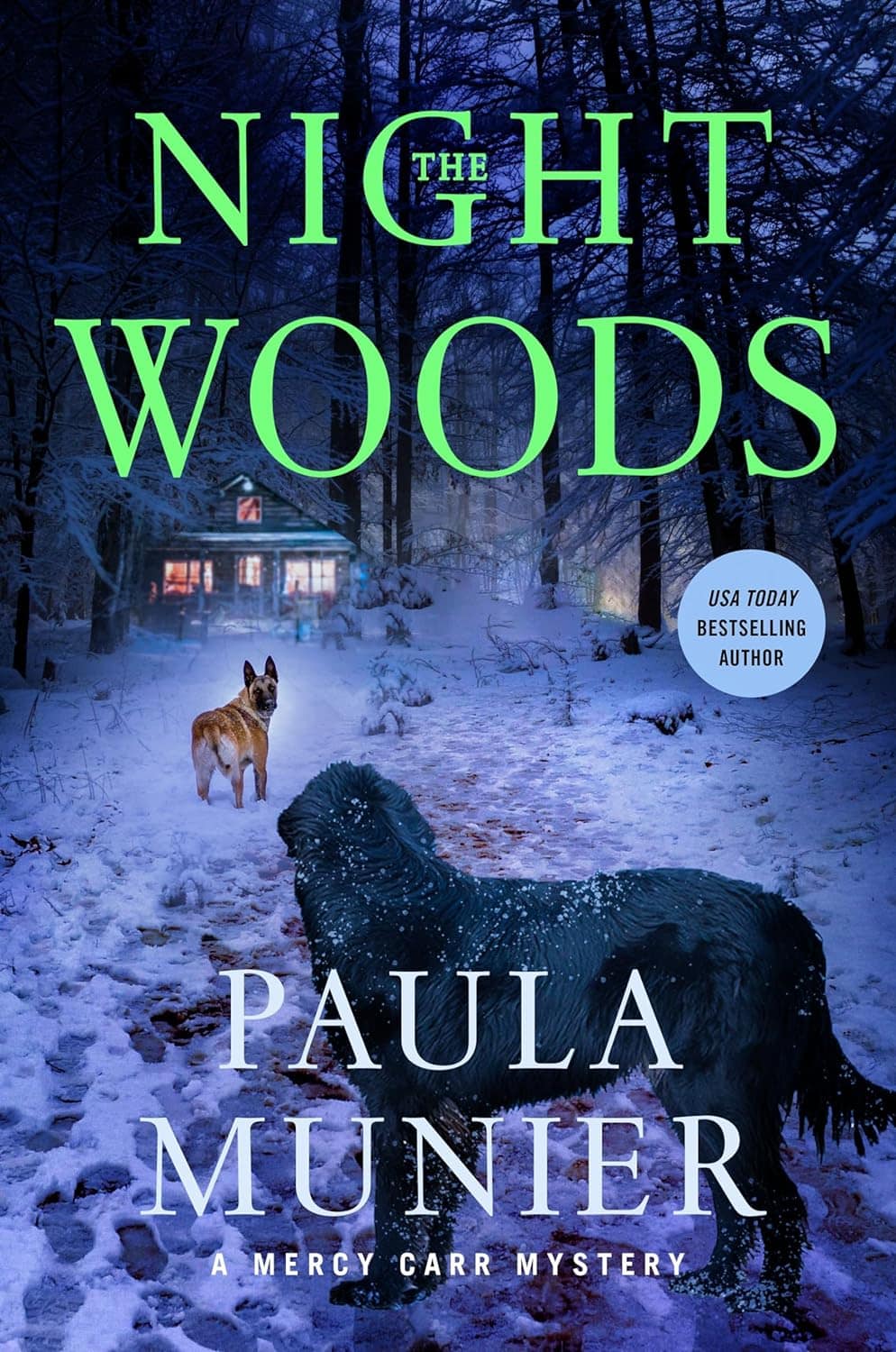by Jared Klickstein
First and foremost, I learned that memoirs aren’t particularly easy to get published, especially if you’re not already famous. In my case, a memoir about being a former homeless drug addict just wasn’t enough to get any attention from publishers.
After over a year of making no headway, I decided to shift gears and hybridize my memoir by shaping it into a public policy book. Not only did this get the attention of publishers, but it finally became a three-dimensional project that gave it a sense of purpose. After all, the innate navel-gazing that authors sometimes feel trapped by while writing a memoir was starting to make me feel uneasy.
“How could I be important enough to be the subject of a book?”
I’d often wonder that during the writing process, but upon incorporating critique of current homeless and addiction policy, as well as proposals for new policies based on my experience, I was able to justify the gritty and gory details. It ended up being a more rewarding experience when I turned my memoir into a book about something more than just me.
Finding my voice … with help
I learned a lot about myself during the process, and it wasn’t until several drafts had passed before I began to hone my voice. Unbeknownst to me, my first draft was rife with F-grade impersonations of Kurt Vonnegut and Hubert Selby Jr. Fortunately I had honest friends and professionals inform me of this.
I learned that honest critique is worth a thousand times more than a supportive pat on the back.
Surround yourself with people that are willing to tell you what you’re doing wrong.
Processing Life
Most importantly, writing my memoir helped me process a lot of the trauma throughout my life. The topic of the memoir being my parents’ heroin addictions and my subsequent addiction and homelessness, there was no shortage of it.
I remembered events that had been blacked out for over two decades, which sounds horrific, but in actuality I used writing the memoir as a long-form journaling exercise. It would have been one thing to just document these events, but I actually processed my feelings on paper. The result was incredibly healing, and hopefully that much more intriguing for the reader.
Memoir as Therapy
In the end, writing a memoir was incredibly constructive for my sense of self. Whether it gets read by no one or thousands of people, I am thoroughly better off after having written it. My anger has subsided, my sense of identity is unbroken, and I’ll forever be content in knowing that I fully executed this long-term goal. If you’re thinking about writing a memoir, I don’t think there’s anything to lose by jumping right in. Will there be pain and frustration? Of course. But any worthy achievement rarely comes without a healthy amount of suffering.

 The author of Crooked Smile, Jared Klickstein was born in Boston, Massachusetts in 1989 to heroin-addicted parents. He spent his teenage years outside of Oakland, California after being adopted by his aunt and uncle. He attended UC Santa Cruz where he got addicted to heroin himself, dropped out, and spent nearly ten years chronically homeless and addicted around the country. After a notorious run on Skid Row in Los Angeles and a subsequent jail sentence, he sobered up in 2018, wrote the memoir Crooked Smile. He currently resides in Oakland, California. He works as an independent journalist.
The author of Crooked Smile, Jared Klickstein was born in Boston, Massachusetts in 1989 to heroin-addicted parents. He spent his teenage years outside of Oakland, California after being adopted by his aunt and uncle. He attended UC Santa Cruz where he got addicted to heroin himself, dropped out, and spent nearly ten years chronically homeless and addicted around the country. After a notorious run on Skid Row in Los Angeles and a subsequent jail sentence, he sobered up in 2018, wrote the memoir Crooked Smile. He currently resides in Oakland, California. He works as an independent journalist.





